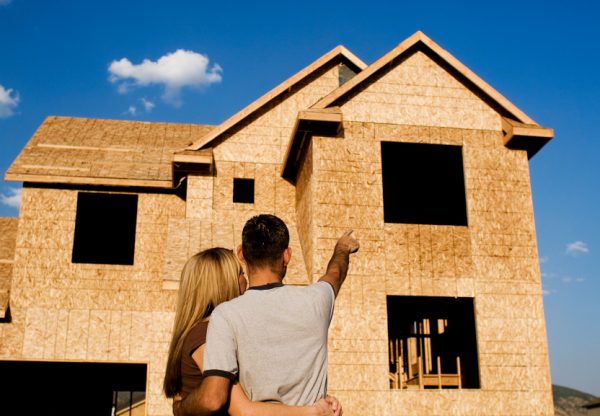So, you’re finally in a position where you can purchase a new home; the financing details have been ironed out, you’ve chosen an ideal location, and have, even, come to a decision with respect to square feet. What else should you be taking into consideration as you embark on the journey of homeownership? Well, often this comes down to either purchase a newly constructed home or an existing one. Assuming you’ve chosen the latter of the two, you should know there are an array of benefits that come with a newly constructed home. In addition to providing you with a warranty, a new homebuilder also has the buyer’s best interest at heart, which means that they take care of all of the prep work related to new home construction. In many cases, the homebuilder will secure building permits and will make sure that your new home complies with all applicable building codes.
How is the cost of a new home calculated? The cost of a newly constructed home is based on several factors including the current housing market and the cost of building materials like lumber and rebar, which is often determined by the home’s square feet. To put this into context, the cost of lumber required to build a 2,400 square foot home could easily exceed $15,000-dollars. In addition, there is the cost of laying the foundation, which includes the cost of concrete and rebar. These costs can range from a conservative $7,000 to a staggering $30,000, depending on the region where the home is being built and the square foot of the home. That being said, don’t be dissuaded by these costs; newly built homes retain their value and are less likely to require costly repairs. New homebuilders often work with established suppliers who carry high-quality materials that are backed by warranties and designed to last for years. Additionally, since homebuilders typically buy in bulk, these cost saving can be passed on to the homebuyer.
During your conversation with your homebuilder, you’re encouraged to ask about zoning regulations, inspections during and after construction, and the builder’s ability to meet a specific closing date. A reputable homebuilder should be able to not only answer these questions but should also be able to assuage any concerns you may have, related to the overall building of your new home. Although it sounds cliché, purchasing a new home is the biggest investment that you can make in your lifetime; therefore, you want to make sure that you fully understand what this process entails prior to construction. As the homebuyer, the onus is on you to be as informed as possible in every aspect of the build, especially when it comes to building materials.
Whether we’re talking about lumber, rebar, or amenities, these costs can quickly add up, and they can also fluctuate based on the market. A good contractor can lock-in the cost of certain building materials and may also be able to obtain wholesale pricing for certain items like appliances. The best way to keep construction cost manageable is to ensure that your homebuilder is purchasing construction materials from wholesale vendors and sourcing lumber from local lumberyards. As far as amenities are concerned, make sure that your homebuilder is taking advantage of wholesale pricing from local and online sources.
Christopher is an author and DIY enthusiast who is passionate about home improvement projects. Making time to help family and friends while working with Security Building Supplies in Tulsa, OK.



